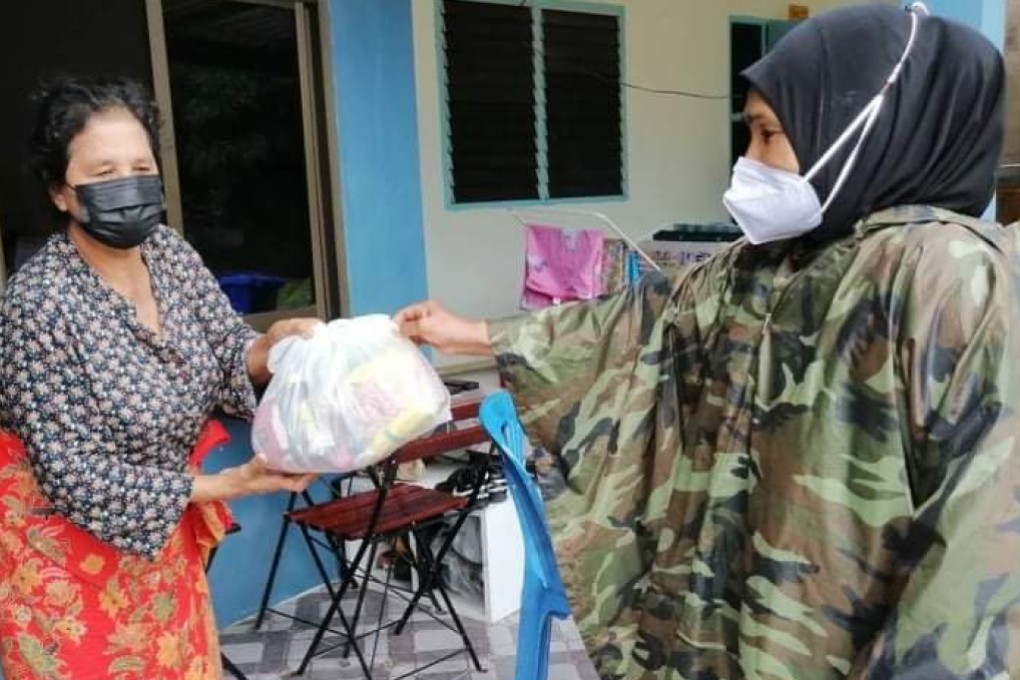Taking care of ‘family’: how small tourism businesses in Bali, Phuket and Nepal are lending a helping hand amid the Covid-19 pandemic, from paying medical bills to distributing food
- A sherpa’s big plans to revive tourism in his Nepalese hometown stalled amid the pandemic, but he’s created paid work for neighbours and funded medical care
- In Bali, a hotelier couple kept staff on the payroll despite their resort’s closure, while in Phuket businesses joined forces to distribute food to the needy

Almost everyone has felt the impact of the coronavirus pandemic on their lives in one way or another. Some of us bemoan dining and travel restrictions, but those in developing countries that were heavily dependent on tourism are in more dire straits.
Even as a trickle of tourists begins to return, many in their destinations are in debt or going hungry. While big hospitality brands have made it part of their corporate social responsibility and public relations to help their staff – and in some cases, local communities – owners of small tourism-related businesses have been doing the same, only without the fanfare.
Solukhumbu, Nepal

“Before the pandemic, I was hoping to repay the loan within two years,” says Ang, who adds that Happy House was doing well when it reopened in 2018. The following year, the lodge made it into Condé Nast Traveler’s Gold List.
Before the borders closed Ang, a keen biker, had wanted to train youths in Solukhumbu to be mountain-bike guides, to give them an alternative to jobs as porters on climbs up Everest or construction workers overseas.